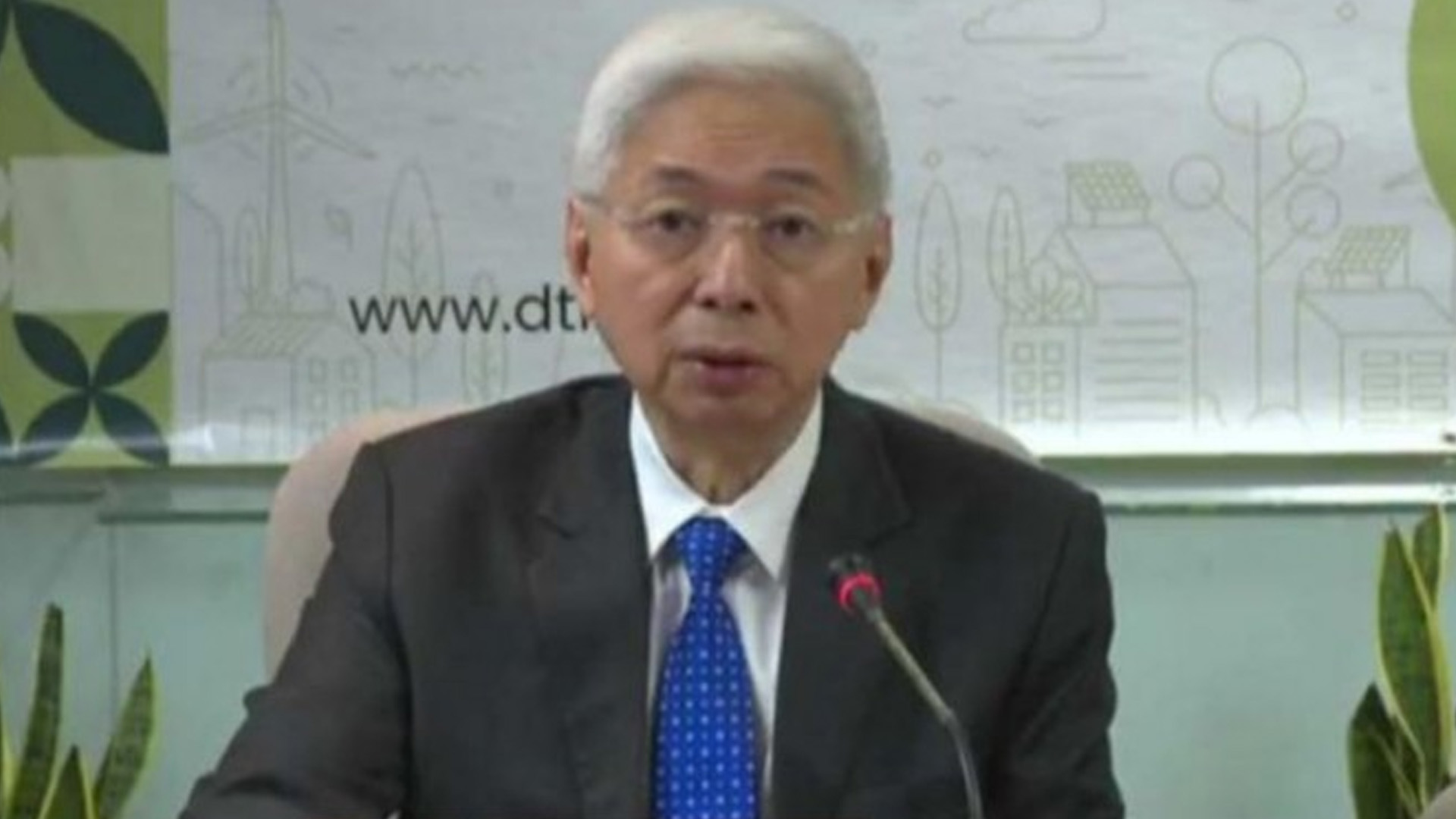Financial aid distribution to rice retailers and monitoring of rice prices will continue despite President Ferdinand R. Marcos Jr.’s announcement Wednesday about the lifting of the price cap on regular and well-milled rice.
Trade and Industry Secretary Alfredo Pascual, in a press conference in Makati City Wednesday, said the government will still release the financial aid to small retailers selling the said rice varieties who have not received the PHP15,000 cash assistance.
As of Sept. 29, the government, through the Department of Social Welfare and Development (DSWD), has released a total of PHP217.2 million under the Sustainable Livelihood Program-Economic Relief Subsidy to 14,480 out of the 19,685 targeted rice retailers nationwide.
DTI has helped the DSWD in identifying, profiling, and validating the beneficiaries of the cash aid.
Since Executive Order 39, which set price ceilings of PHP41 per kilo for regular-milled rice and PHP45 a kilo for well-milled rice, took effect last September 5, the Trade Chief said the compliance rate of retailers nationwide was high at 81.46 percent as of Sept.28.
“There’s (a) good number of sellers selling within those price(s),” Pascual said, adding that prices of these rice varieties in Regions 2 (Cagayan Valley) and 3 (Central Luzon), the country’s rice granary, are even lower at around PHP38 per kilo.
He noted that since rice is being produced in these regions, logistics costs are much lower.
Fair Trade and Enforcement Bureau (FTEB) Director Fhillip Sawali, during the same briefing, also assured that DTI will continue monitoring rice prices, in coordination with the Department of Agriculture, despite the lifting of the price cap on rice.
“We will see the full force of the market because the PHP41 and PHP45 (price caps) are no longer mandated,” he said.
“There is a continuing role for the DTI to play post-EO 39” since there is a need to “see if they (rice traders) continue to follow or nearing their prices at PHP41 and PHP45,” he added.
“As a regulator, we, in DTI, will continue doing our job in monitoring, in doing surveillance and enforcing fair trade,” Sawali said, adding that rice inventory should start to stabilize amid the harvest season and incoming imports. (PNA)





















